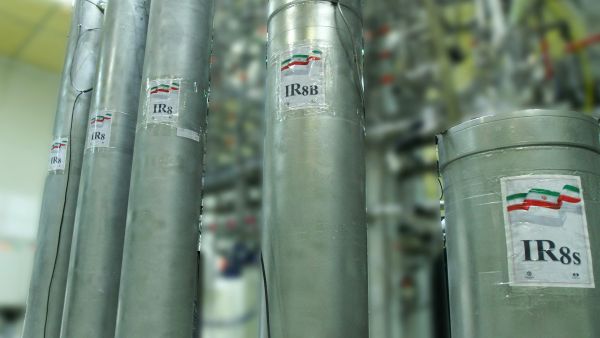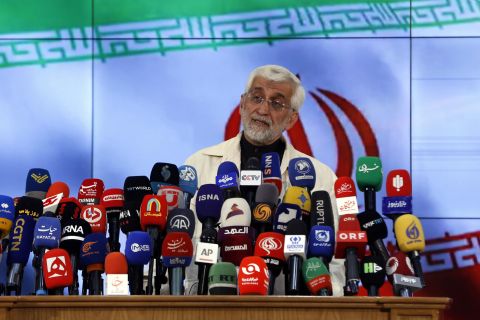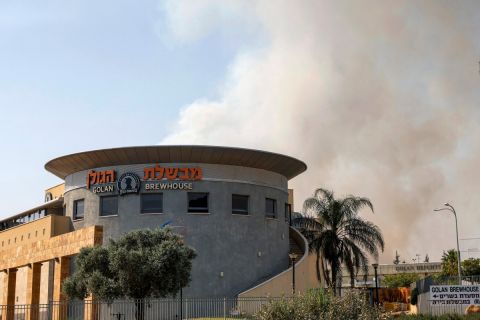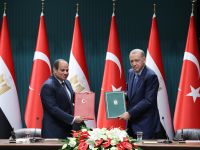ALBAWABA- The International Atomic Energy Agency (IAEA) announced on Thursday that Iran continues to expand its nuclear capabilities, following a recent resolution by the IAEA Board of Governors criticizing Tehran's lack of cooperation.
In a statement, the IAEA informed its members that Iran is installing additional centrifuge cascades at its Natanz and Fordow uranium enrichment facilities.
However, unnamed diplomats noted that Iran's actions were less aggressive than anticipated, and tensions have not escalated as feared.
A Reuters report published on Wednesday, June 12, highlighted Iran's similar responses to previous IAEA decisions, including the recent resolution against its nuclear program.
Tehran has begun enriching uranium to 60%, nearing the level required for military-grade nuclear weapons.
Five diplomats told Reuters that Iran plans to install or activate more centrifuge cascades at the Fordow and Natanz sites. Three of these diplomats mentioned that the IAEA would present a report on Iran's nuclear program to its member states on Thursday.
IAEA inspectors have been monitoring Iran's nuclear activities to prepare this report. Regarding Iran's move to install and activate new centrifuge groups, a Vienna-based diplomat remarked, "The escalation is not as significant as expected."
Last week, the IAEA Board of Governors issued a resolution urging Iran to increase its cooperation with the IAEA and allow inspectors, previously denied entry, to resume their activities.
France, Germany, and the United Kingdom drafted this resolution and sent a message to the UN Security Council detailing Iran's violations of the nuclear agreement. Initially, the United States requested these countries to either delay the resolution or amend it, but eventually voted in favor of it. Russia and China opposed the resolution.
The diplomats did not specify the number or type of centrifuges added or the enrichment levels. However, one diplomat mentioned that the centrifuges would not be used to increase uranium enrichment from 60% to 90%, the level needed for nuclear weapons.
Despite being aware of Iran's actions, the diplomats are awaiting the IAEA's report on the steps Tehran has taken since last week's resolution.











